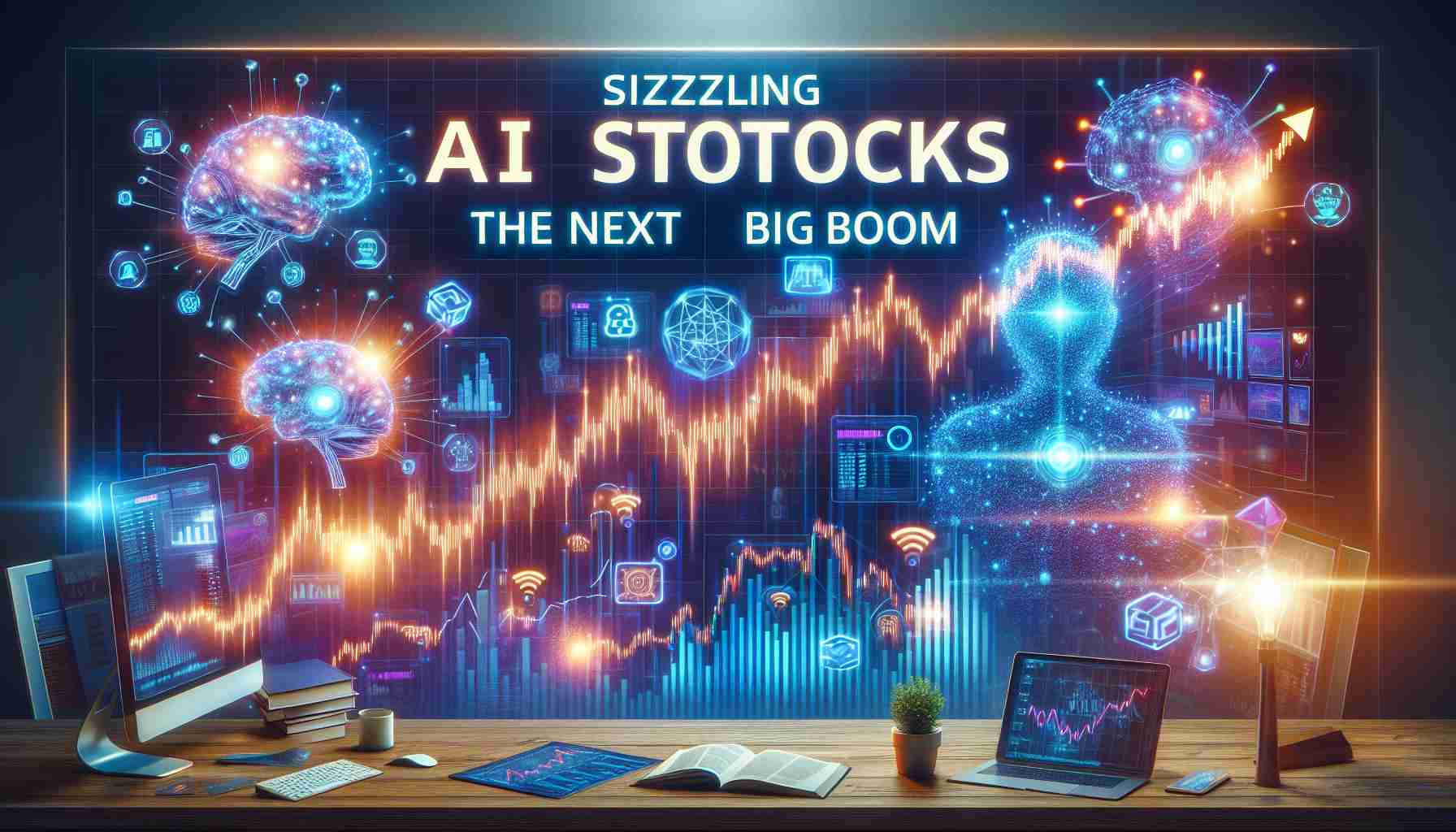In the fast-evolving world of artificial intelligence (AI), Nvidia’s remarkable financial performance suggests a continued upward trajectory for AI-related stocks. For the third quarter, Nvidia announced a whopping 94% revenue surge to $35.1 billion, while earnings skyrocketed 103% to $0.81 per share. As Nvidia ramps up production of its Blackwell AI chips, it not only boosts its own prospects but also invigorates the entire AI data center ecosystem. This exceptional growth offers promising opportunities for certain stocks poised to capitalize on the AI boom.
Arista Networks: Leading the Charge in AI Networking
Arista Networks, founded in 2008, is a premier player in client-to-cloud networking solutions, specializing in high-performance data center and AI platform services. With a market cap of $128 billion, Arista’s stock has soared by 74.3% this year. This rise is driven by impressive annual revenue and earnings growth rates of 28.82% and 43.99%, respectively. Arista’s quarterly revenue hit $1.811 billion, marking a 20% increase, with earnings jumping 31.2% to $2.40 per share. Bolstered by strong client relationships, Arista is poised to capture significant revenue from the AI networking market, underscoring its potential for sustained growth.
Vertiv Holdings: Powering the Digital Future
Vertiv Holdings, a stalwart in digital infrastructure solutions, has seen its stock climb 172% this year. Originally part of Emerson Electric, Vertiv excels in power and thermal management technologies, crucial for data center operations. The recent quarter saw revenues climb 19% to $2.1 billion, with a 46.2% increase in earnings to $0.76 per share. As a key ally of Nvidia, Vertiv benefits from the anticipated production of the Blackwell AI chips, and its expanded pipeline promises further growth. With a robust focus on high-value solutions, Vertiv is well-positioned to enhance its profitability and market standing.
For investors eyeing the AI sector, Arista Networks and Vertiv Holdings stand out as promising contenders in the AI-driven future.
Nvidia’s AI Surge: How It’s Shaping the Global Landscape
The immense growth of companies like Nvidia due to advancements in artificial intelligence (AI) is not only altering the financial markets but also ushering in transformative changes across societies worldwide. Here, we look beyond the rising stock prices to explore unexpected ramifications and debates surrounding this AI revolution.
Impact on Workforce and Communities
As AI technology becomes increasingly integrated into data centers and cloud networks, the job market experiences significant shifts. Automation of tasks traditionally performed by humans has led to both excitement and concern. While there is potential to create new, specialized jobs in AI-based sectors, there’s an undeniable risk of displacing workers in roles that technology can now handle more efficiently.
Communities heavily reliant on traditional job markets may face economic instability. For instance, regions with a strong manufacturing base might see a decline in job opportunities as industries transition to automated processes.
Advantages of AI Innovation
1. Efficiency and Productivity: AI can significantly enhance productivity by streamlining operations. For businesses, this means reduced operational costs and increased output, making products and services more accessible to consumers globally.
2. Healthcare Advancements: AI’s ability to process and analyze data rapidly allows for breakthroughs in medical research, from drug discovery to personalized treatment plans, potentially saving countless lives.
3. Environmental Solutions: AI contributes to ecological conservation through smart grids and monitoring systems that optimize energy consumption and reduce waste.
Controversies and Disadvantages
1. Privacy Concerns: With data being the cornerstone of AI, privacy issues have surged, raising questions about data protection standards and individual rights.
2. Bias in AI Systems: There’s growing concern over biases embedded in AI algorithms, leading to skewed outcomes in critical areas such as hiring, law enforcement, and loan approvals.
3. Economic Inequality: The benefits of AI are not universally accessible. Advanced economies and tech-savvy sectors notably gain more, potentially widening the gap between rich and developing nations.
Questions and Discussions
– Will AI lead to economic disparity or opportunity? The answer largely depends on policy adaptations and educational reforms enabling workers to transition into AI-related roles.
– Can AI improve quality of life? Yes, if its integration focuses on complementing human abilities rather than replacing them, such as enhancing decision-making with predictive analytics.
To expand your understanding of AI’s influence on industries and society, consider exploring resources from esteemed domains like IBM and Microsoft, leaders in AI innovation.
As we venture further into an AI-driven world, it’s crucial for stakeholders to balance technological progress with ethical considerations, ensuring that the benefits of AI are equitably shared and responsibly managed.























